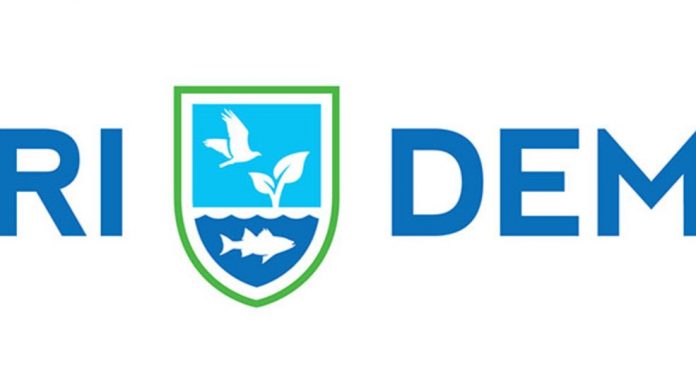PROVIDENCE – The Rhode Island Department of Environmental Management and the Rhode Island Infrastructure Bank have awarded $4.7 million in matching grants to 15 municipalities for wastewater treatment facility resilience projects, including $245,000 for a pump station in Burrillville.
The funding will be used for Oakland Pump Station resiliency improvements, including various upgrades and flood-proofing projects to protect the station from the effects of high flows and flooding.
The grants will fund 18 projects and $10.5 million of total construction costs across the state that protect publicly owned wastewater treatment facilities from storm surge, winds, and other natural hazards that are expected to increase in frequency and severity due to climate change. Funding is provided through the 2018 Green Economy and Clean Water Bond, which Rhode Island voters approved by a margin of almost 80 percent.
“It’s important to strengthen our state of preparedness by protecting these critical facilities from the ravages of climate change,” said Gov. Gina Raimondo.
A statement from RIDEM pointed to the 50th anniversary of Earth Day, celebrated globally last week, stating the grants continued the progress Rhode Island has made in protecting natural resources over the last 50 years.
“Unfortunately, some Rhode Islanders have become acutely aware of the importance of effective wastewater treatment lately, as sewer systems have clogged or even backed up due to inappropriate flushing of wipes,” said DEM Director Janet Coit. “Making sure our wastewater treatment facilities continue to perform their critical role protecting public health is central to DEM’s mission – and has led to dramatic improvements to the quality of our waterways. Threats from sea level rise and more frequent intense storms due to climate change must be addressed and mitigated to ensure we don’t lose ground.”
Coit added that the genesis of these grants goes as far back as 10 years ago when extreme rains caused historic flooding in Rhode Island, especially of the Pawtuxet, Pawcatuck, and Blackstone Rivers. The floods completely inundated the West Warwick and Warwick wastewater treatment facilities, partially flooded the Cranston wastewater facility, and idled collection system pumping stations around the state. Since that time, DEM has issued a report on the impacts of climate change on the state’s major wastewater systems, developed guidance for factoring climate change into future wastewater infrastructure plans and designs, and required communities to further study climate impacts on their systems as part of regularly occurring discharge permit renewals.
Statewide, there are 19 wastewater treatment facilities that treat some 120 million gallons of sewage produced every day within Rhode Island. The highly technical and costly systems–which treat and remove pollutants from wastewater–serve as protective barriers for the state’s waters, which is especially important for public health, recreation, and our economy, noted a statement from RIDEM. Designed to take advantage of gravity, many wastewater facilities and associated pump stations are at risk of inundation due to their location at low elevations, often in riverine or coastal floodplains.
DEM and the Infrastructure Bank have entered into a unique partnership that will allow these bond funds to be disbursed to the grantees faster and easier than the normal state reimbursement process. Also, the bank is providing financing for some of the grantees’ match, especially the largest awards.
“Wastewater systems treat millions of gallons of water preventing harmful contaminants from entering our rivers and the bay,” said Infrastructure Bank CEO Jeffrey Diehl. “The resiliency grants will infuse millions of dollars into the economy to support jobs and help municipalities take proactive steps to upgrade critical infrastructure to increase its resilience to hazards such as sea level rise and extreme weather events.”
Applications were evaluated and scored by a committee consisting of members of DEM and RIIB.







